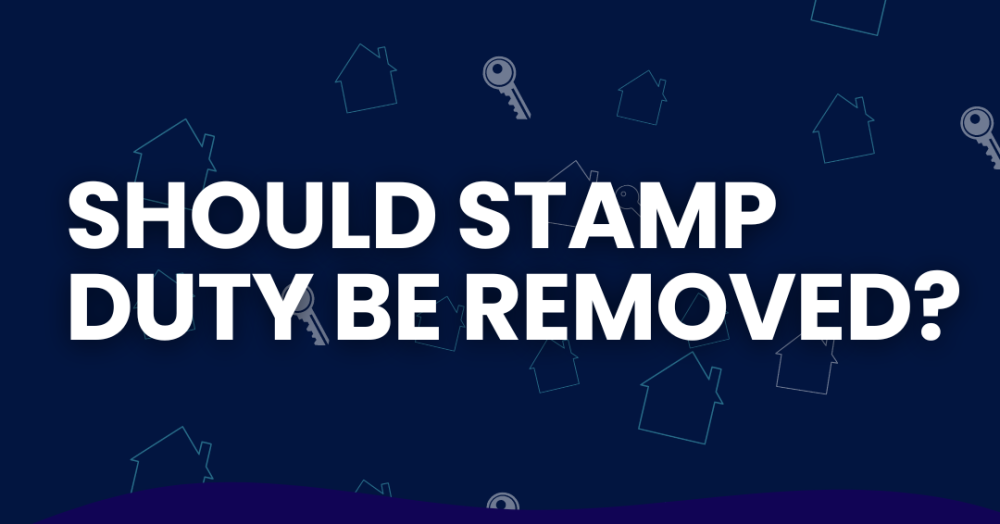

Get in touch with us
Over the past few years, shifting consumer habits, remote working, and economic pressures have reshaped where businesses want to be and what kind of space they actually need. For investors, landlords, and business owners, understanding where demand truly sits in the UK commercial market is key to making smart, future-proof decisions.
The Renters’ Rights Act introduces the biggest changes in private renting in decades. This guide breaks down the facts landlords need now, including key dates and compliance steps.
In the UK, where winter weather can be unpredictable, snow can have both positive & negative effects on the sale of a house. While some sellers choose to wait for spring, others successfully sell during the colder months. Understanding the advantages & disadvantages of selling your home during snowy periods can help you make an informed decision.
Managing a probate property while coping with loss can feel overwhelming. This gentle guide explains the key steps, realistic timescales for 2026, and what to expect when selling a home as part of an estate.